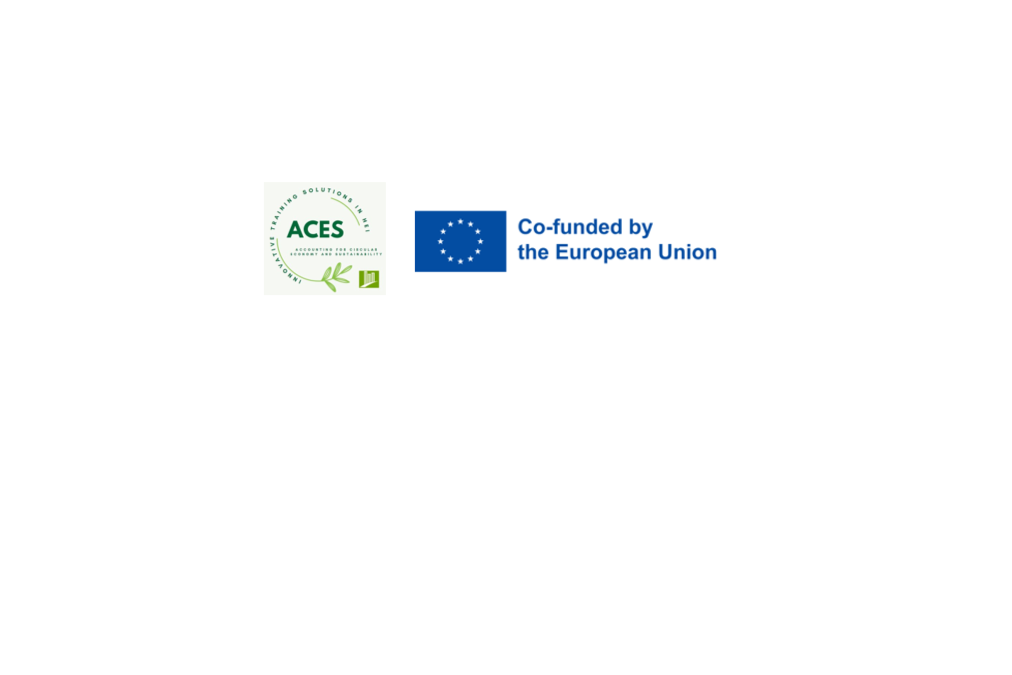ACES – Accounting for Circular Economy and Sustainability
The ACES project brings together the latest knowledge and best business practices on financial and managerial accounting for Circular Economy in the context of the EU’s evolving regulatory landscape.
The ACES project brings together the latest knowledge and best business practices on financial and managerial accounting for Circular Economy in the context of the EU’s evolving regulatory landscape.
Circular economy regulation is pushing the appearance of circular business models. However, hardly any Higher Education Institutions (HEI) have included circular accounting training in their curriculum. Completion of the ACES project will enhance the knowledge and skills of business students, teachers, and practitioners about the current and future CE accounting practices and methods by developing teaching materials and innovative digital learning solutions in HEIs across the EU.

The ACES project activities start with a literature review on circular economy accounting and companies/business interviews on measuring and valuing circular economy. Based on this research and analysis, teaching materials with innovative pedagogical elements are developed to fill the gap on circular accounting in current HEI curricula. These modules are piloted and validated for relevance and pedagogical suitability.
The results include:
- Three learning modules content and micro credentials and innovative pedagogical teaching guide/tools.
- A resulting framework of circular economy accounting that is disseminated among business educators and company representatives, increasing their understanding about the critical role of accounting to support and ease the circular economy transition.
Duration: 1.11.2022 - 30.6.2025
Partners: The Hague University of Applied Sciences (Netherlands), Universidad de Alcala (Spain), European University Cyprus, Impact Hub GmbH (Austria), Haaga Helia University of Applied Sciences (Finland).
Funding: Erasmus+ Cooperation Partnerships
More information about the ACES Erasmus+ programme
Contacts: Begoña Gilabert & Sebastiaan Morssinkhof
This project is co-funded by the European Union.
The European Commission is not responsible for the content of this publication.
